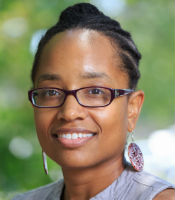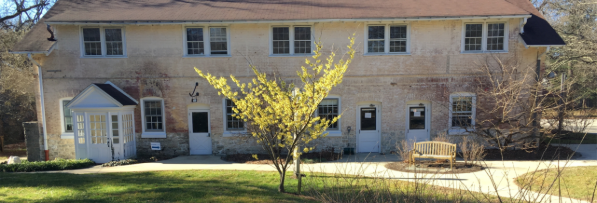$750/private room; $650/shared room; $350/commuter.
If you are seeking financial assistance to participate in this program, please click on the link for our Financial Assistance Application form, below. Do NOT register online.

Feb 2-6, 2020
Call Us for More Information!
610-566-4507, ext. 137
The Movement for Black Lives, Ta-Nehisi Coates’ Between the World and Me, and the Equal Justice Initiative’s Legacy Museum: From Enslavement to Mass Incarceration and National Memorial for Peace and Justice (i.e., lynching memorial) have all led to this historical moment. White people in the US, especially those who have inherited wealth from family members, must reckon with the question of race-based reparations. While many workshops about racial injustices focus on the feelings and comfort of white participants regarding a troubled past, very few workshops ask that white participants address the material benefits of that past. This workshop asks participants to imagine what material justice might entail and to take the first steps in that direction. As a prerequisite to participation in this year’s workshop, applicants will have to commit some amount of personal or organizational wealth to race-based redistribution.
The workshop will only happen if $10,000 total has been committed by the group, so register early if you want to ensure that it will happen.
[Note: Participants are not asked to show proof of money available for reparations. Since the workshopped solutions will be specific and contextually relevant to individual or organizational histories, there will not be any one beneficiary of the reparatory actions outlined. Further, the workshop organizer is not paid and does not benefit directly from the workshop outcomes. Of course, we all benefit from living in a more just society.]
The first full day participants will engage a case study that explores Quaker historical connections to the prison industrial complex, and specifically to solitary confinement. How could Quakers make reparations for the harm this system has created? On the second full day, participants will present and discuss their individual or organizational histories, and the racial injustices embedded within. On day three, we will workshop appropriate reparatory action for individual or organizational participants, given what we will have learned on day two. Three months and six months after the workshop, participants will be invited to web conferences to update the group on progress in enacting race-based justice. Future workshop offerings will depend on participants moving beyond conversations into justice-oriented action.

Melchor Hall is a Black feminist scholar-activist, raised in the Unitarian Universalist faith tradition and educated in Quaker schools. Born in the nation’s capital, formerly known as “Chocolate City” for its Black population, she began her adulthood with no Congressional voting representation. Both a popular educator and a university professor, she is a fifth-generation US-born African American terminal degree (i.e., PhD or MD) graduate, who was nurtured and loved by Black artists, cultural workers, and community activists.
Financial aid may be available. If you are seeking funds to participate in this program, click to review and complete our Financial Assistance Application and a Pendle Hill staff member will follow-up with you shortly (please do NOT register online). Thank you for your interest.
Travel directions to Pendle Hill. FAQs about Short-Term Education Programs (please read before calling). Click to view flyer.